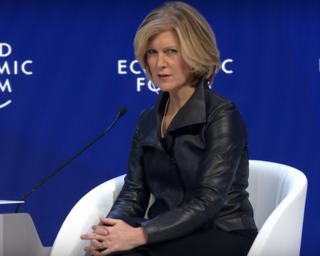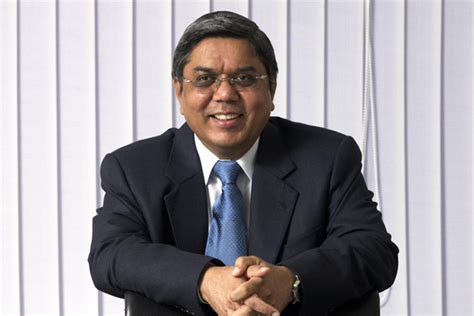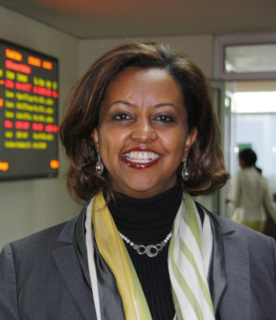A Quote by Henry Sy
Regional developers have a clear head start in their home communities. They have been there longer and understand their market. As a result, these markets are, in fact, more competitive than those in Manila.
Related Quotes
We can make market forces work better for the poor if we can develop a more creative capitalism-if we can stretch the reach of market forces so that more people can make a profit, or at least make a living, serving people who are suffering from the worst inequities. ... You have more than we had; you must start sooner, and carry on longer.
Like its agriculture, Africa's markets are highly under-capitalized and inefficient. We know from our work around the continent that transaction costs of reaching the market, and the risks of transacting in rural, agriculture markets, are extremely high. In fact, only one third of agricultural output produced in Africa even reaches the market.
There is a bit of a problem with the match between derivative securities markets and the primary markets. We have long ago instituted principles, essentially high margin requirements, to prevent certain instabilities in the stock market, and I think they're basically correct. The trouble is that there's a linkage, let's say, between something like the stock market and the index futures markets, and the fact that the margin requirements are very different, for example, played some role in the October '87 crash.
It's important to recognize the vital role that the financial markets play in our economy and that so many of you are contributing to. To function effectively those markets and the men and women who shape them have to command trust and confidence, because we all rely on the market's transparency and integrity. So even if it may not be 100 percent true, if the perception is that somehow the game is rigged, that should be a problem for all of us, and we have to be willing to make that absolutely clear.
It is more than twenty years since we left the city. This is a serious chunk of time, longer than the years we spent living there. Yet we still think of Jerusalem as our home. Not home in the sense of the place that you conduct your daily life or constantly return to. In fact, Jerusalem is our home almost against our wills. It is our home because it defines us, whether we like it or not.

































